40th anniversary project: Roundtable discussion between the CEO and employees of four divisions

| This report is current as of November 2023. |
Theater Workshop celebrates its 40th anniversary in 2023. We have strengthened everything we have cultivated over the years, from theater consulting to stage technology, facility management, and cultural event business production, and are now working in earnest to become a total theater production company. The representative of the company, Masaji Ito, and the staff in charge of each department will talk about their thoughts as they work toward new goals.
member
Lighting Chief
Chief
Manager
What is the "state of the theater" in this day and age?
- First of all, what does "theater" mean to Theatre Workshop?
When I was a university student, small theater was all the rage. In a sense, there were theater companies that abandoned the theater and chose non-theatrical spaces such as tents and warehouses as places for expression. In pursuing this appeal, what is important is not the size or function of the theater or hall. When all elements are eliminated, the only thing that remains is the performer and the audience, and the "theater" is the place where they work together to create an experience. I have always wanted to create such a "theater," an extraordinary space where excitement and emotion are generated.
Each theater or event space has its own personality or unique "face. Just by changing the size and environment of the space, what the performers express also changes. I think that the theater plays a role like a device that brings out the charm of the performers and artists that is only possible in that particular space.
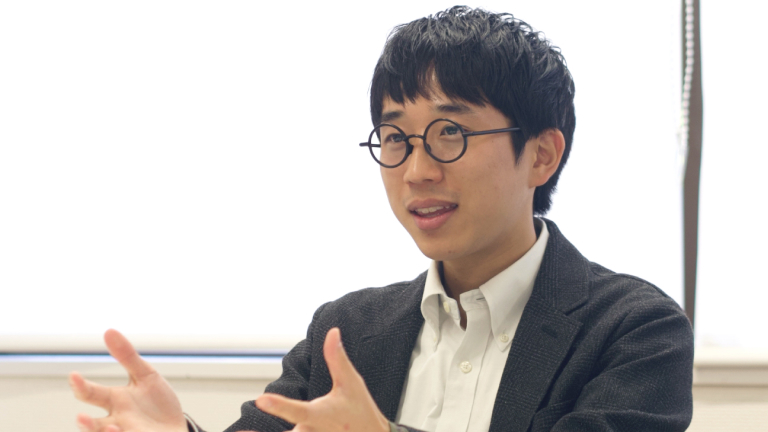
When I was a student, I remember being very excited when I saw a 3-second play performed in a park or a performance in which a kappa (water sprite) came running from across the shopping street with children in tow. As long as someone tries to express himself to someone else, it may be a "theater" created by the performer and the audience.
I believe that theater is truly an interactive relationship between the performer and the audience. The work evolves day by day as it is performed more and more often, and is, so to speak, a live performance. In that sense, even a place for street piano performances can be called a kind of "concert hall.
- Certainly, I have the impression that the number of places where people can experience music, dance, and performances is increasing in various locations throughout the city.
Is there a change in the role of theaters and such event spaces?
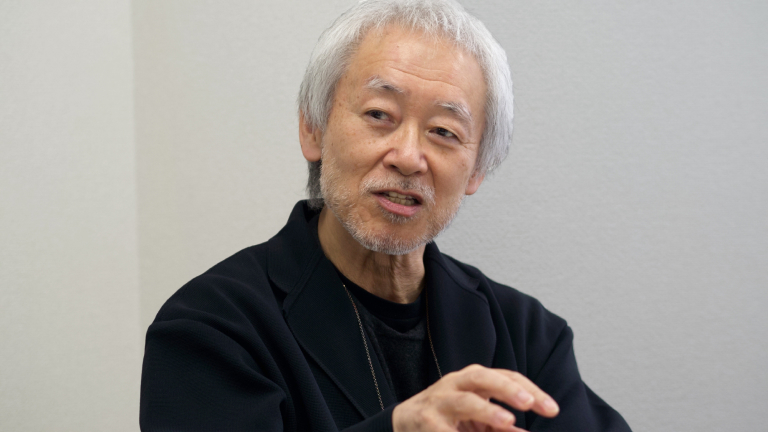
There is a movement to give them a new role and make them the center of the community. The original function of the hall is being reduced in size, and the proportion of spaces that are open to the public on a daily basis, such as meeting rooms and practice rooms, is being increased.
At one time, libraries were being described as comfortable "third places," with cafes and events being held there. The Agency for Cultural Affairs' policy is to follow suit and make the theater an open plaza, a space where casual visitors can spend their time freely.
I would like to create a "field" rather than a plaza. In a plaza, there are rules that say, "Please use the space in this way. On the other hand, a field is free to do whatever you want. This is also mentioned in the architectural essay "Haraoba to Amusement Park" (Jun Aoki). If a large number of people gather, it is definitely more interesting to make it a place to create something new. We can make up our own rules. Because any place can be a theater as long as there are performers and an audience to begin with.
And because it is such a field, I hope that the "theater" will become the fourth place, the "force place," as a place where everyone can comfortably interact with each other, beyond the third place.
- The word "theater" covers a wide variety of uses, doesn't it?
What do you keep in mind when creating a theater or event space?
Of course, we want to create the theater or space that the owners and the community really want, but we also want to support the performers in conveying the message they put on stage to as many audience members as possible. I wonder if it is our job to create the environment for this purpose.
I think it would be ideal if people would remember only the artists rather than the theater or the place. Even if the lighting plan is elaborate and well-crafted, it is the lighting that brings out the best in the artist, and the lighting itself should not remain in the mind. I think it would be best if, after watching a moving scene, the audience could forget everything else about the experience and go home.
After building a theater or cultural facility, what kind of people do you want to see there, and who can they meet there? We can't control everything, but I think it is our job to coordinate these things through the production of events and cultural projects.
The facilities that Theatre Workshop manages include not only theaters, but also empty hall spaces with flat floors and outdoor plazas. It is important to consider whether any of these places can fulfill what the people who use them want to do. It is important to think about this. We also seek to make it easy for the users to express themselves, including the ease of use of the delivery and backyard.
Theater" in Everyday Life
- Has the theater or stage changed your life?
Has it led you to your current work?
The main reason I created this company was a class in which we created a theater piece together at an elementary school I attended. When I entered the architecture department at university, I decided that I wanted to work in theater for the rest of my life, as theater is where theater and architecture meet. However, I studied not only "theater" as an architectural structure, but also in the field of arts management, which led me to the idea that any place where there are performers and audiences can be a theater.
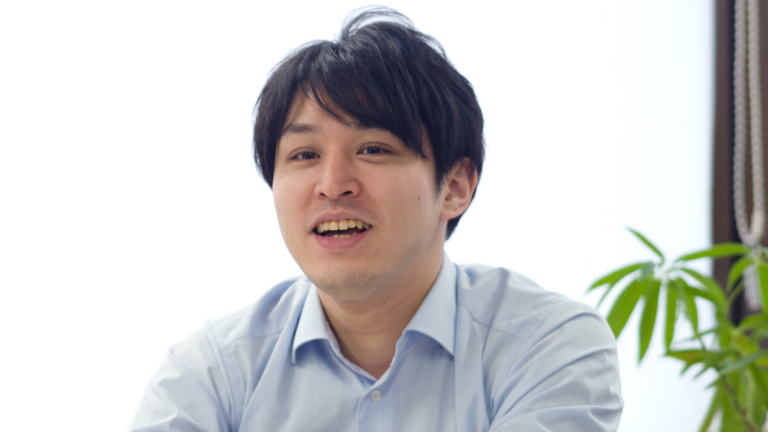
I started as a junior high school student, and until I graduated from university, I sometimes performed on stage as a saxophone player. I was attracted to the people I saw then who supported the stage behind the scenes, and now I spend my days supporting the backstage of events as a facility manager of a venue. Whether or not the experiences one gains from events and entertainment are necessary in one's life is up to the individual, but if as many people as possible can relate to them, that would make me happy.
Through theater, I have been able to expand my encounters with people from all walks of life. I got the experience of talking not only with people of my generation but also with veterans. In the improvisational theater workshop organized by Theater Workshop, people in their 20s, 70s, and 80s, who normally would never have met each other, performed the same world in an improvisational play.
I would like to create a place where people can build new relationships with each other.
Listening to you, I thought about what I would be doing if I were not doing what I am doing now, but I can't think of anything.... When I was a student, I also acted in musicals and worked behind the scenes. At that time, I wanted to work to support people on stage in the form of theater production.
The proposition of forming a spiritually rich society through culture and the arts has always been at the root of my work, and I think our mission is how to realize that.
Recently, I dare to make time to not think about work, but I have lived my life thinking about lighting and artists on a regular basis, so much so that I say, "My hobby is stage lighting" (laughs). I have worked with many people from overseas, and I enjoy the stimulating days when I can meet people. After the Corona Disaster, I realized that there is value to be gained by meeting people directly in places like theaters and event spaces, and that we must cherish these places.
Everyday life is much more dramatic than a made-up play, isn't it? Still, I think the reason why people come to the "theater" is because they want to experience the extraordinary. People are moved by experiencing things that could never happen in their own lives through theater and its contents. Even if it is a pseudo-experience, actually being in front of them and being able to feel their touch and feel their skin makes it more real, and I think this element is very important.
I want to convey to as many people as possible how interesting it is to be able to experience things in a theater. I believe that the theater, a place where people can meet and get something from each other, can be a safety net for someone.
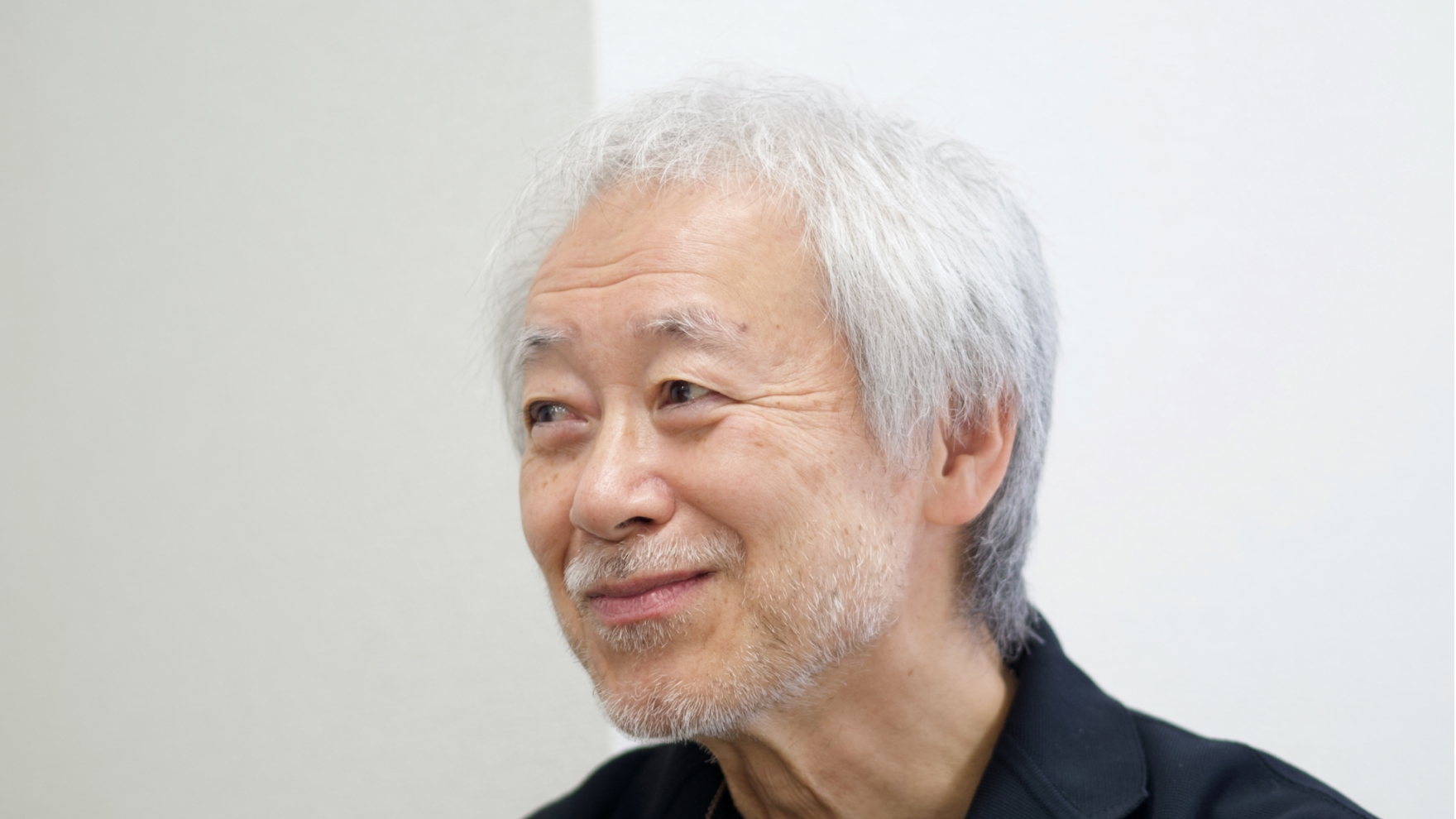
Inheriting the legacy
- Everyone here is of different ages as well as different jobs.
Are there things related to your work that "change" with the times, or are there things that "stay the same"?
In terms of lighting, new technologies such as LED bulbs have been introduced to the stage in recent years. It is important to protect what should not change, but veterans should not put the brakes on what can be improved. I want to be the one who can encourage the younger generation.
However, although technology has advanced compared to the past, for example, when fading out (a technique to gradually lower the light intensity charge of lighting), the difference from conventional light bulbs is noticeable. Whereas conventional light bulbs fade out gradually, LEDs fade out abruptly with a "poof" and the afterglow is different. I feel this is an issue that needs to be addressed.
I understand, LEDs are bright and have a strong glow, so they are often used for media presentations, etc., but they are not up to the task in theatrical productions where you want to create depth. LEDs with adjustable color temperature are now available, so I think they will evolve in the future.
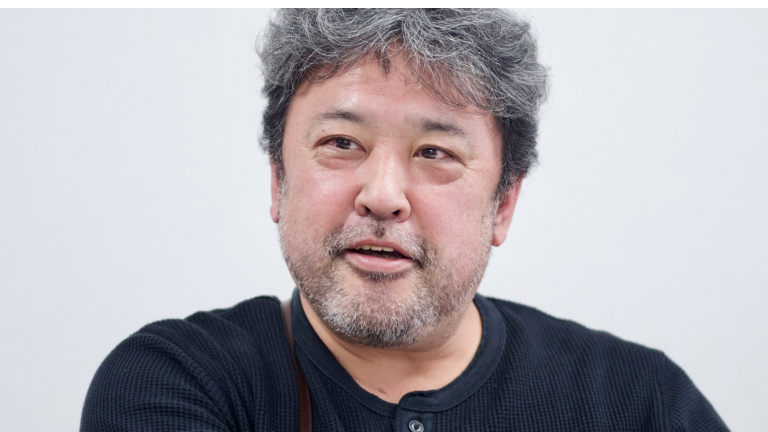
Costs are going up every year, so we can't stick with incandescent bulbs forever (laughs).
It is because of our experience that we know such things firsthand. Besides, no field at Theatre Workshop is a one-person job; it is a team effort. The way of dealing with people and the mindset of creating things does not change even if the times change. The only way to learn the origins of this is to learn from experienced veterans. In this respect, I think our age structure is very good, with strong senior members on the team and familiar seniors who are a little older and can serve as targets.
Celebrating our 40th anniversary and what we will build on in the future
- Theater Workshop has been reorganized into four divisions that deal with "theater consulting," "stage technology," "cultural facility management," and "cultural business production.
With such a wide range of people of all ages and occupations, what are your thoughts and feelings about your work?
Theater Workshop is neither a music production company nor a theater company. In other words, we are not in the business of selling finished products as a package. We have to be creative and incorporate everything handmade to suit the theater/hall. Even if we feel that this is a difficult task, we are happy to undertake it and face it to the fullest.
We are always custom-made. The Cultural Project Producing Department considers what kind of events we can offer to visitors to theaters, halls, plazas, and other event spaces, and what kind of chemical reactions we can create for the facilities and the local community. If we have an image of a place that will be visited by many junior high and high school students, we can plan events for that generation, or include a space for interaction where they can come and go as they please. It is like the final aptput for the creation of a theater or cultural facility, so I work with a great deal of deliberation each time.
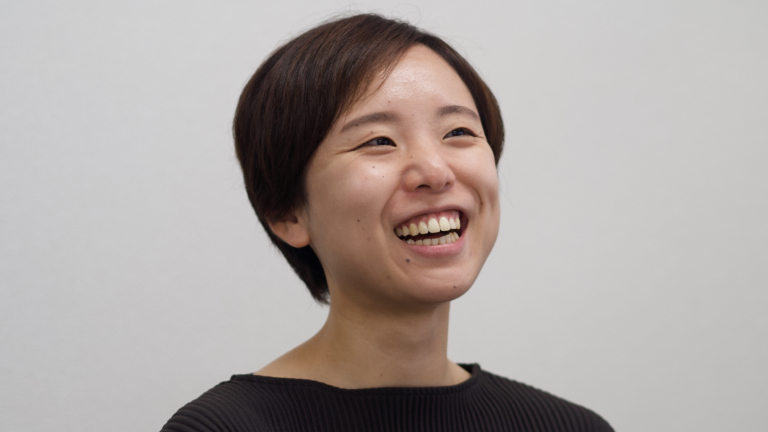
The Theatre Production Division is the division that handles the theater consulting business, which is the origin of Theatre Workshop. In contrast to cultural project production, we are involved from the very beginning of a project, such as research, basic concept, planning, and selection of designers. I think it is very important to incorporate the voices of people from other departments into the project. As in the case of the LED lighting mentioned earlier, our strength is that we are able to listen closely to what they are feeling and the issues they are facing after the facility is actually in use, and we are able to make use of this information in the next stage of the theater development process.
There are many cases in the world where a facility has been built but is not user-friendly, or where the facilities are not used after all. Nevertheless, by having staff who know the facilities in detail and who are attentive to the people who will use them, it may be possible for them to use them in their next project and find them useful. In this regard, we have experienced personnel in four divisions, and by interacting with each other, we can understand why the equipment is there and even know how to use it, and we can provide feedback on how it is used on site. We have a structure that allows us to provide total production from the basic concept to post-construction management.
When I joined Theatre Workshop, I saw firsthand how difficult it is to build a theater or event space. Until now, I have heard things like, "The loading entrance is difficult to use! I used to complain while working (laugh), but now I think, "How can I tell the designers how to make the loading bay easy to use? (laughs).
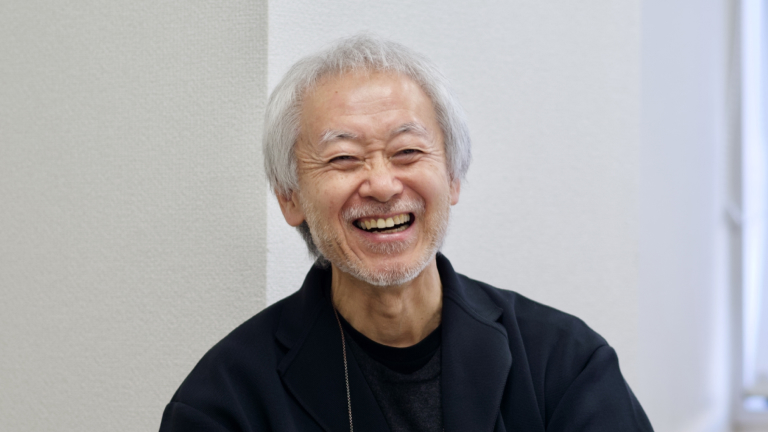
While any place with performers and an audience can be a theater, we always think about what is a better theater or event space in order to have more people see the show, and we are always looking for ways to improve the theater or event space, from the facility itself, to the hardware including stage technology such as lighting, to the management and planning of events that take place there. Theater Workshop's role is to produce, and we must do more to realize this role in the future.
I would be happy if we can continue to work together to create, transmit, and realize ideas that only Theatre Workshop can do.
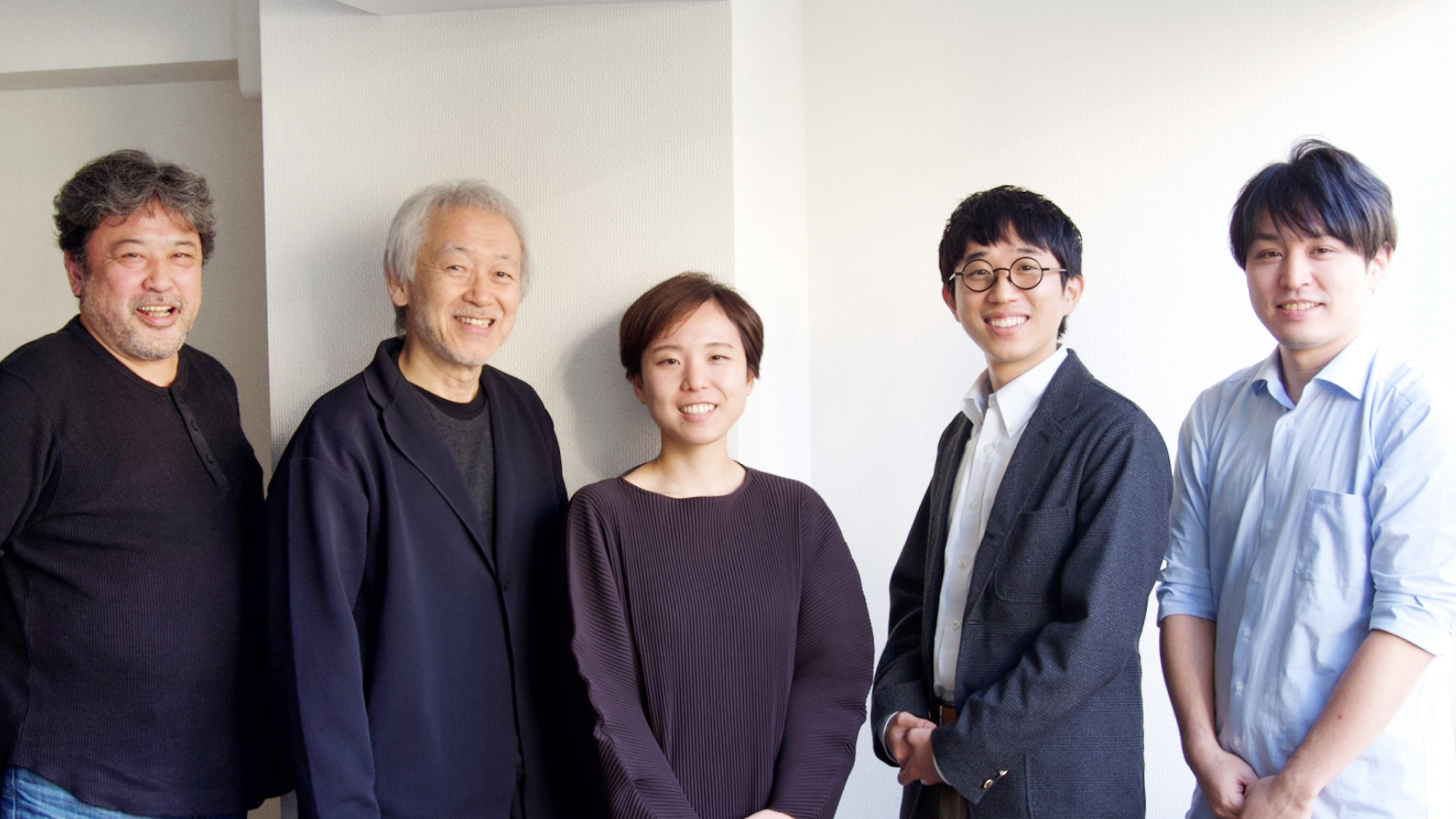
From left to right
Kiyotoshi Endo, Lighting Chief, Technical Production Division
Kiyotoshi Endo joined Theatre Workshop in 2021 and has long been involved in lighting technology, especially for concerts. In addition to technical participation in events throughout Japan, including cultural projects organized by Theater Workshop, he also proposes equipment for theater consulting and gives lectures on how to use equipment to theater staff both in Japan and overseas.
Masaji Ito, Representative Director
Masamichi Ito studied theater and halls at Waseda University and its graduate school, and worked as a part-time researcher at the Preparatory Office for the Establishment of the Second National Theatre (tentative name) of the Agency for Cultural Affairs. 1983 he established Theatre Workshop, which became the first theater consultant in Japan. >Details
Maya Furukawa, Chief of Theatre Producing Department
As a student, she was a member of a musical club and experienced creating and performing on stage. Wishing to work in theaters, she studied architectural planning at university and graduate school, and joined the company in 2016. Currently, she is in charge of facility aspects of theater consulting projects nationwide.
Koudai Hasegawa, Business Production Department
Studied arts management extensively at university and continues to create his own improvisational theater. After working for a cultural promotion foundation, he joined the company in 2021. In addition to planning and implementing cultural projects nationwide, he is also in charge of the operational aspects of theater consulting and other soft aspects across all divisions.
Ryo Nakamura, Manager, Operation and Production Department
Majored in saxophone as a student and also worked as a player. After working as an assistant director of video, he joined the company in 2015. He has been in charge of various events in the field of facility management, and is currently in charge of operation management and implementation of sales measures at several facilities in the Shibuya area.
For further information, please get in touch with us through Contact Form below.

